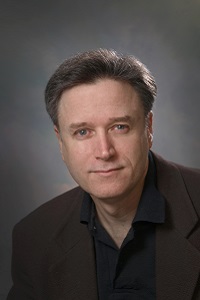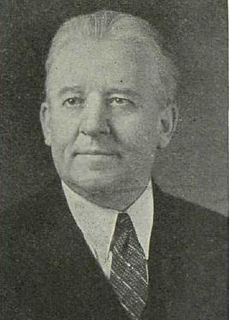A Quote by Thomas Jefferson
A coward is much more exposed to quarrels than a man of spirit.
Related Quotes
The abbot told me once that lying was a betrayal to one's self. It's evidence of self-loathing. You see, when you are so ashamed of your actions, thoughts, or intentions, you lie to hide it rather than accept yourself for who you really are. The idea of how others see you becomes more important than the reality of you. It's like when a man would rather die than be thought of as a coward. His life is not as important to him as his reputation. In the end, who is the braver? The man who dies rather than be thought of as a coward or the man who lives willing to face who he really is?
So while it is true that children are exposed to more information and a greater variety of experiences than were children of the past, it does not follow that they automatically become more sophisticated. We always know much more than we understand, and with the torrent of information to which young people are exposed, the gap between knowing and understanding, between experience and learning, has become even greater than it was in the past.
It is my judgment that any man or woman can do more to conform to the laws of God in one year in this life than they could do in ten years when they are dead. The spirit can only repent and change, and then the battle has to go forward with the flesh afterwards. It is much easier to overcome and serve the Lord when both flesh and spirit are combined as one. This is the time when men are more pliable and susceptible. We will find when we are dead every desire, every feeling will be greatly intensified. When clay is pliable it is much easier to change than when it gets hard and sets.
The sense that a man is serving a Higher than himself, with a service which will become ever more and more perfect freedom, evokes more profound, more humbling, more exalted emotions than any thing else in the world can do. The spirit of man is an instrument which cannot give out its deepest, finest tones, except under the immediate hand of the Divine Harmonist.
On the occasions when I have pondered over men's various activities, the dangers and worries they are exposed to at Court or at war, from which so many quarrels, passions, risky, often ill-conceived actions and so on are born, I have often said that man's unhappiness springs from one thing alone, his incapacity to stay quietly in one room.


































